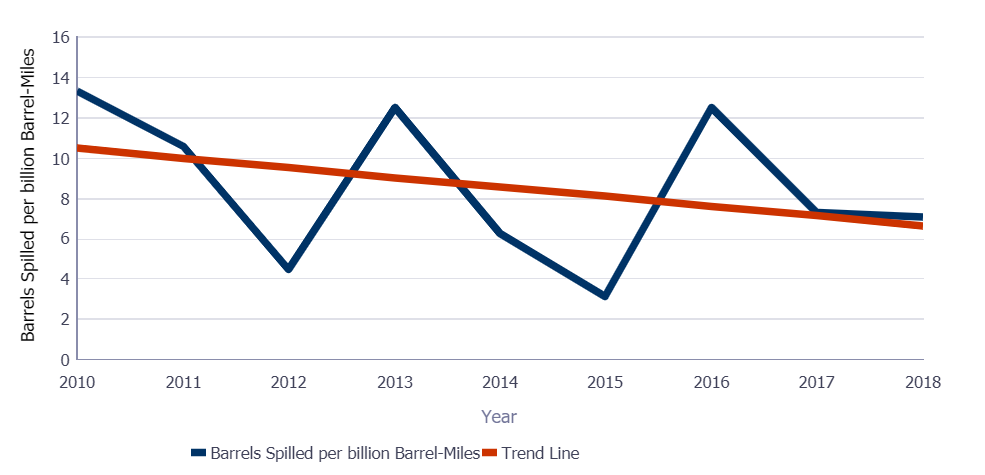Federal data show Walz’s Line 3 delay has been an anti-science charade
On Monday, the Minnesota Public Utilities Commission (PUC) voted in favor of three key approvals for the Line 3 oil pipeline replacement project, a revised environmental review, a certificate of need, and a route permit by a three to one margin. Although this is very good news that should allow the replacement of the aging pipeline to begin this year, federal data from the federal Pipeline and Hazardous Materials Safety Administration (PHMSA) show the delay should have never happened in the first place.
During the Gubernatorial campaign, Tim Walz expressed his support for replacing the aging Line 3 pipeline, which transports crude oil from Canada through the state of Minnesota. This was encouraging because pipelines are the safest and most efficient way to transport oil. In fact, 99.99 percent of all oil transported on pipelines safely arrives at its destination, and the data show pipelines have spilled less oil over the last eight years. 
Upon being sworn into office, however, Governor Walz quickly changed his tune. Instead of allowing the project, which had received unanimous approval from the PUC, to move forward, the Governor’s office renewed its challenge to the project. This renewed challenge had resulted in the project being delayed by at least a year.
This is problematic, because the current Line 3 is corroded and running at half of it’s theoretical capacity to prevent it from spilling. Data from the PHMSA clearly show that from 2010 to 2018, corrosion was the leading cause of pipeline-related oil spills.

Governor Walz likes to pretend that he’s the adult in the room when it comes to energy and environmental issues, and he often claims that he will “follow the science.” However, if he had followed “the science,” he would have realized that delaying the replacement of this pipeline presented a more real and present danger to the environment than allowing for a newer, safer, pipeline to be placed into service.
If Governor Walz wants his opinions to be informed by science, he needs his opinions to be informed by empirical data. As such, he should end the anti-science charade surrounding Line 3 and get the job done.